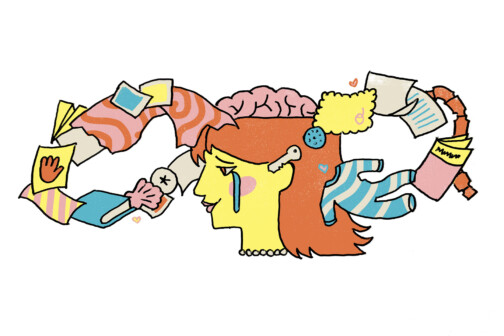Physicians who say they are dissatisfied with their jobs list decreasing autonomy as the No. 1 reason.
Nearly half cited that, compared with 1 out of 3 who named low reimbursement and 1 out of 4 who blamed administrative hassles, according to a Jackson Healthcare survey.
“Physicians are working harder and longer hours for less reimbursement,” said Richard Jackson, chairman and CEO of Jackson Healthcare. “Plus they feel like insurers, government and hospitals dictate how they can treat patients. If we continue to devalue the experience and skills of our physicians, they will become the most expensive data entry clerks in the nation. “
Dr. Robert Monteiro, an internist in New Bern, N.C., said, “There is a huge amount of interference into the doctor-patient relationship, and that has a large impact on your professional satisfaction. You want to come to treatment decisions without someone telling you what to do and how to do it.“
Monteiro said preauthorization for medications, imaging, and treatments requires increasing amounts of time. He said the uncompensated time required to complete paperwork associated with patient care limits patient access, because physicians run out of hours. He added that the constantly shifting insurance-plan changes and requirements can be overwhelming.
“It’s as if you are playing a game and don’t know the rules. Then rules constantly change and maybe you get penalized for new rules, even if you don’t know what they are. As doctors, we have no problem justifying how we take care of patients. But having to fill out a three-page form to get a generic blood thinner is ridiculous,” he said.
Dr. Joseph Valenti, an obstetrician and gynecologist in Denton, said he has had the same contract with Blue Cross Blue Shield of Texas for five years. He said he tried to create a new contract with quality incentives. The company turned down his request, he said, despite the fact that the insurer considered his quality of care excellent.
“They said, ‘Since you’re doing everything right, you don’t need more money.’ This is the worst sort of antithetical thinking. Why am I trying so hard? I should just do a crappy job so I can get more money from them,” he said. “Doctors have no power. The insurance companies and hospitals have all the power.”
In a Journal of the American Medical Association (JAMA) analysis, Hamilton Moses III argued that forces within the U.S. healthcare system create a triangle of tension among patient desire for choice, personal attention and unbiased guidance; physician goals of professionalism and autonomy; and public and private payer objectives of aggregate economic value across large populations. He asserted that physician autonomy is in conflict with hospital and insurance consolidation, and population health—which he called “Big Med,” “Big Pay,” and “Big Data.”
“Measurements of cost and outcome (applied to groups) are supplanting individuals’ preferences. Clinicians increasingly are expected to substitute social and economic goals for the needs of a single patient,” Moses wrote.
The American Medical Association (AMA) commissioned the RAND Corp. to get a better handle on why physician morale is declining. Researchers conducted hundreds of interviews across six states. They found that physicians’ perceptions of their ability to deliver high-quality care determined their satisfaction levels. Physicians expressed exasperation with multiple barriers to delivering that care: administrative hassles, the pressure to see more patients to meet rising practice expenses, and frustrating electronic health record systems. All of these factors were nibbling at their ability and freedom to give patients what they considered the best possible care.
Physicians facing decisions about their practices have to consider the inevitable loss of clinical autonomy that comes with joining health systems and large practices that can negotiate more favorable third-party payer contracts.
Steve Corso, Irving-based MedSynergies’ managing director of physician engagement, has seen the effects of lost autonomy as health systems try to absorb newly acquired physicians.
“Older agreements included physician autonomy,” he said. “The reality now is that physician acquisition means centralization, and that’s not autonomy. Losing autonomy is the root cause of anxiety for physicians.”
Physicians are being left out of hospital efforts to improve the patient experience, according to a Bedford-based Beryl Institute survey.
Only 3 percent of health-care executives said physicians or other clinicians held primary responsibility and accountability for the patient experience. Only 1 percent said chief medical officers were in charge.
The circumstances under which America’s physicians will do their jobs will change more in the next decade than they have in the past 50 years. The above is an excerpt from his new book So Long, Marcus Welby, M.D.: How Today’s Health Care Is Suffocating Independent Physicians—and How Some Changed to Thrive. D Healthcare Daily founding editor Steve Jacob draws on dozens of interviews and more than 500 published sources to cover these issues and describe how the landscape is changing for doctors.





